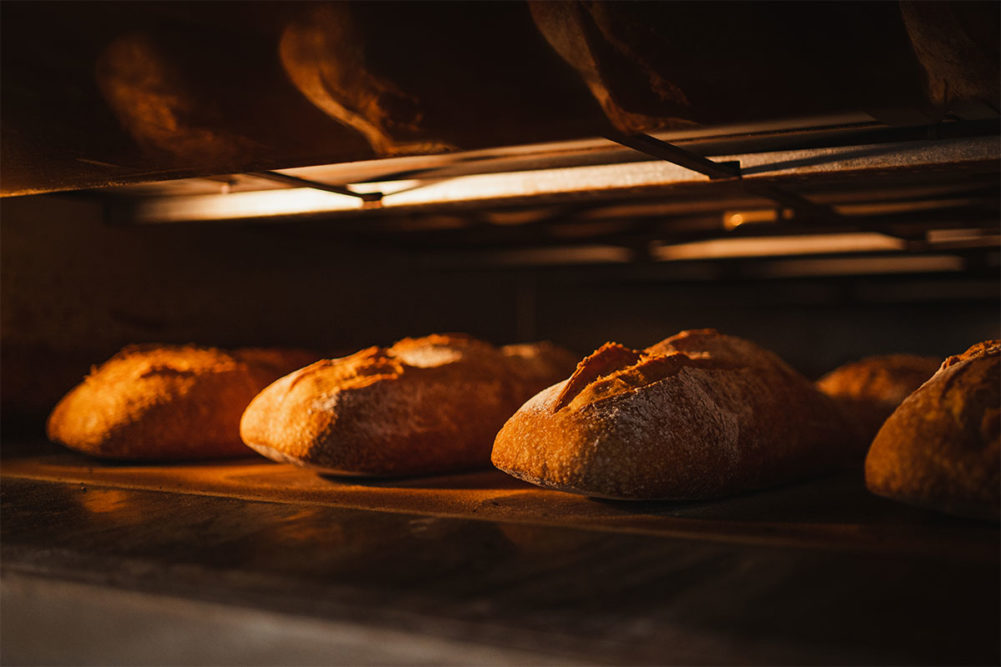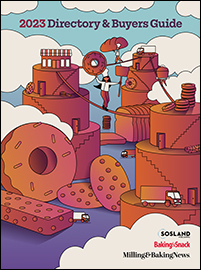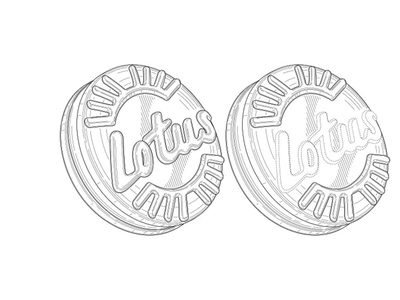KANSAS CITY — Consumers’ awareness about carbon footprint and green initiatives has prompted an increasing number of retail and foodservice chains to request that their bakery suppliers provide documentation about their sustainability programs. The baking industry has responded by being one of the leading participants in the Energy Star program created by the US Environmental Protection Agency.
The groundswell toward clean energy also is fueling the exploration of low-emission burners and heat recovery systems, noted Baking & Snack in its August oven technology report. Bakers might want to consider the pros and cons of electric ovens — and answer several questions — to see if they’re the right fit for them.
How viable are electric ovens as an alternative to affordable natural gas ovens? Can they produce the same variety of baked foods with comparable quality and at existing high volumes? Can the local power grid or infrastructure within bakeries support the switch? And perhaps the biggest question of them all: Will a growing number of bakers accept the concept of electric ovens much like the public has begun to embrace the idea of electric vehicles? That depends on a host of factors that determine if an electric — or a hybrid combination of electric and fossil fuel thermal heat — can do the job and do it affordably.
At iba 2023, which runs Oct. 22-26 in Germany, look for several exhibitors to feature electric oven technology, which has become a big topic with the European region’s heightened sustainability interest, high energy prices and the unpredictability of natural gas and the Ukraine war.






